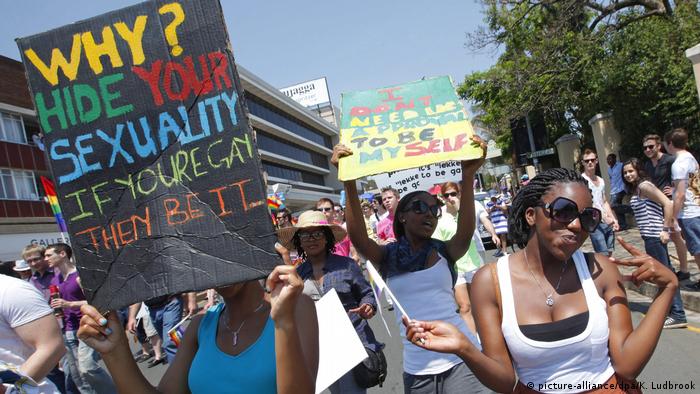Blog
Menstrual Hygiene and Management in Mathare Kenya!
Menstruation, Menstrual Hygiene and Management, Sanitary Pads, equality

South Africa-Is Rape A Normalcy?
My random pick of a book that narrated much of the epic struggle leading to South Africa’s Freedom from Apartheid-Long Walk To Freedom by Nelson Mandera from the UoN Library was a plus for this post. Till the last chapter, we were inseparable- to and from classes in the matatu as we call them here in +254, else they are the public transportation means.

Tanzania- The Hardest or Safest Place for LGBTQ Community?
The mention of Lesbians, Gay,Bisexual, Transgender and Queer in Tanzania is either in whispers from LGBTQ community or as a national headline warning and threat.It has been a continuous brewing storm in that Tanzania as a country deny the LGBTQ community access to fundamental rights. Just like in many other societies, the LGBTQ community is perceived as nonconformists to which they assert their vulnerability is a result of sexual and gender identity.

Inside Uganda’s Pandoras Box-Inhibitors of Low Contraceptive Prevalence in Uganda.
How I wish to walk from one village, to a town, a district to the capital in pursuit of creating awareness and advocating for realisation of Sexual and Reproductive Health and Rights. That is not it for now, but trust me to have a few relations of Ugandans both men and women in Kenya that are going to make this post a success. Contraceptive behaviour change in Uganda is scarce, yet it remains the epitome of high fertility, maternal and neonatal mortality rates in Africa.

Aluta Continua:The Struggle Continues and Victory is…
Sexual and reproductive health and rights are timeless. As I sit here reflecting on the evolution, controversies, definitions, contexts and successes, I cannot fail to feel the struggle for recognition at the international arena. Sexual and reproductive health and rights cuts across health, population control, rights, laws and policies.

Sexual Reproductive Health and Rights- Magnitude of the Challenges
On one hand, sexual and reproductive health is integral and sensitive, on the other, it is the most controversial of all international human rights issues. All the participating countries at the International Conference on Population and Development recognized sexual reproductive health as a fundamental right to individuals, couples as well as social and economic development for communities of all nations. Thus, the conference focus shifted from family planning programmes to placing women at the core of an approach that integrated reproduction, health, human rights and socioeconomic empowerment.

Mainstreaming Sexual and Reproductive Health and Rights in Human Rights and Development
The journey walked by women, Civil Society Organizations, human rights treaties, international laws bodies and governments, and persons of interests to realize sexual and reproductive health and rights has been long and mucky, flawed by threats and controversies mostly for its relating landscapes of interest such as politics, economies, religions, cultures and taboos, and demographics.

Accelerating The Promise-Nairobi ICPD25
The recently concluded 25th anniversary of the International Conference on Population and Development was much anticipated; the deliberations should have left a watershed moment for girls and women across the world. The struggle for realization of women and girls’ rights remain.